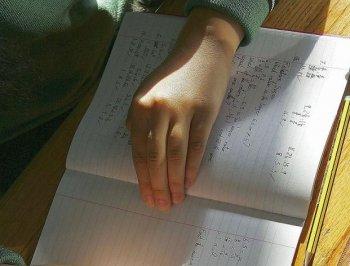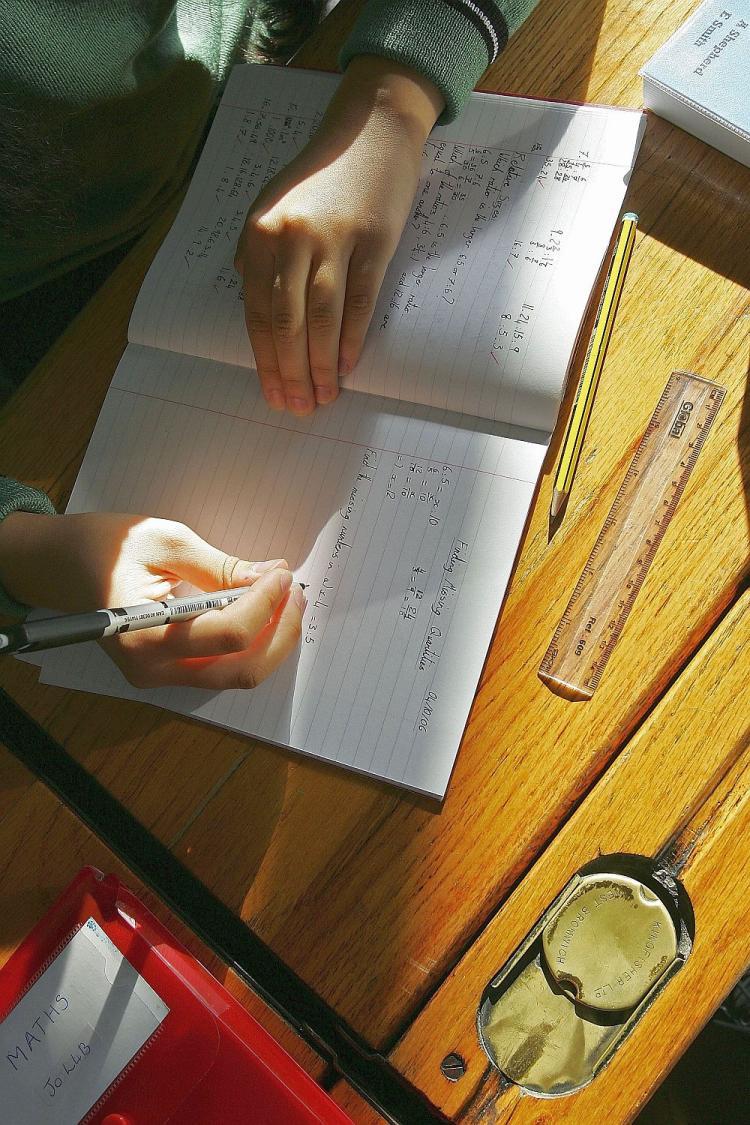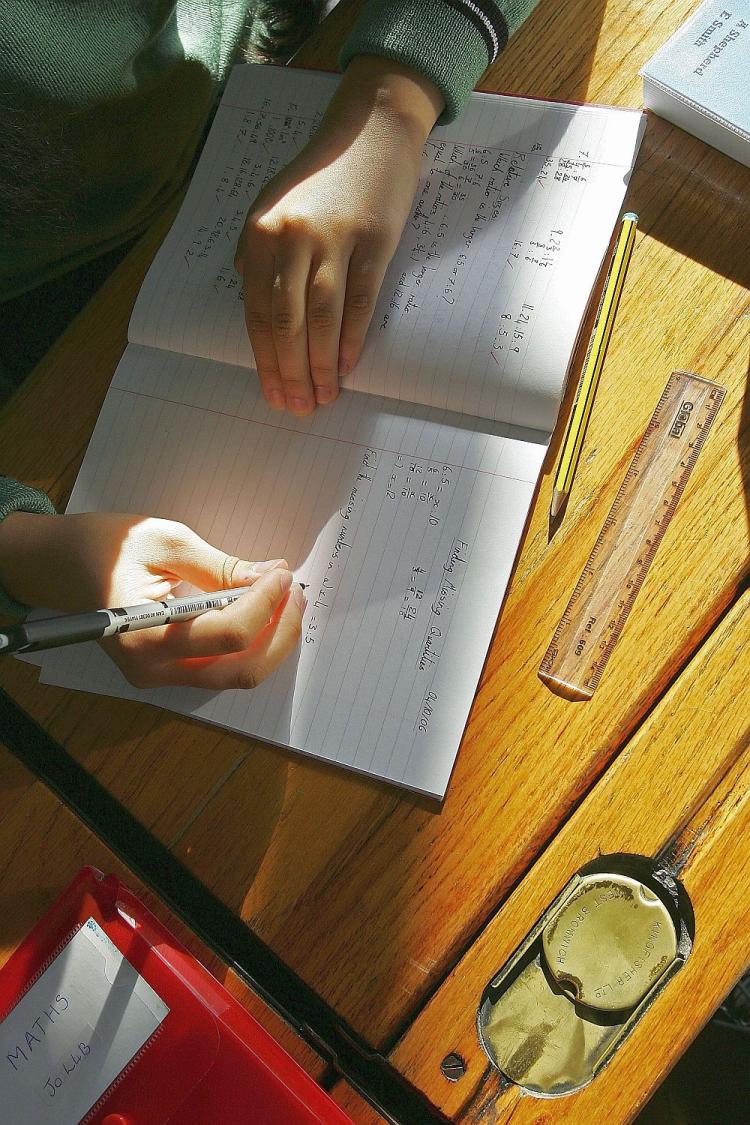Subjecting a region of the brain to an electric current can boost math skills for up to six months, reveals a recent study. The research was published last week in the journal Current Biology.
Neuroscientists at Oxford University demonstrated for the first time that targeted electrical stimulation can successfully enhance mathematical capability. This study builds on findings previously demonstrated by Dr. Cohen Kadosh, who showed that brain stimulation can also affect a temporary limitation in an individual’s mathematical ability.
For the study, researchers tested 15 student volunteers, aged 20–21. Subjects were taught various symbols that represented different numerical values. They were then given a timed test on a series of mathematical puzzles based on these symbols.
Researchers say that their study examined newly learned mathematical abilities. Once volunteers demonstrated that they had learned the symbols, they were tested on puzzles involving only these symbols. Electrical stimulation was applied at the point when they were learning the symbols.
Puzzles included the Stroop test (often used with colors, where the word “red” is written in green ink). On this test, larger values were displayed by larger numbers, or vice versa. The examination also included mapping tests, where the image of one value had to be correctly positioned between two others.
Researchers say these standard tests are often used for assessing mathematical ability. Children and individuals with numerical disability consistently achieve low scores on such exams.
Volunteers received either a placebo or a 1-milliamp stimulation that ran from right to left, or vice versa, across the parietal lobe—an area of the brain located above the occipital lobe and behind the frontal lobe that plays a vital role in processing mathematical problems, as well as spatial sense.
Subjects who received the right-to-left parietal lobe stimulation demonstrated a high level of performance, while subjects stimulated in the opposite way showed poor performance, “mirroring the behavior of 6-year-old children.” Results from the placebo group fell between those of the two groups who had received electrical stimulation.
Researchers say control tests demonstrated that the enhanced effects were specific to the learned symbols and did not affect other cognitive functions.
“We are not advising people to go around giving themselves electric shocks, but we are extremely excited by the potential of our findings and are now looking into the underlying brain changes,” said lead researcher Dr. Kadosh of Oxford University’s Department of Experimental Psychology in a statement.
“Electrical stimulation is unlikely to turn you into the next Einstein, but if we’re lucky it might be able to help some people to cope better with math,” he added.







